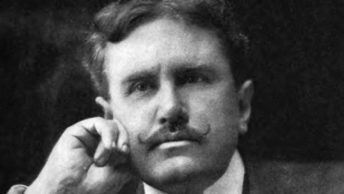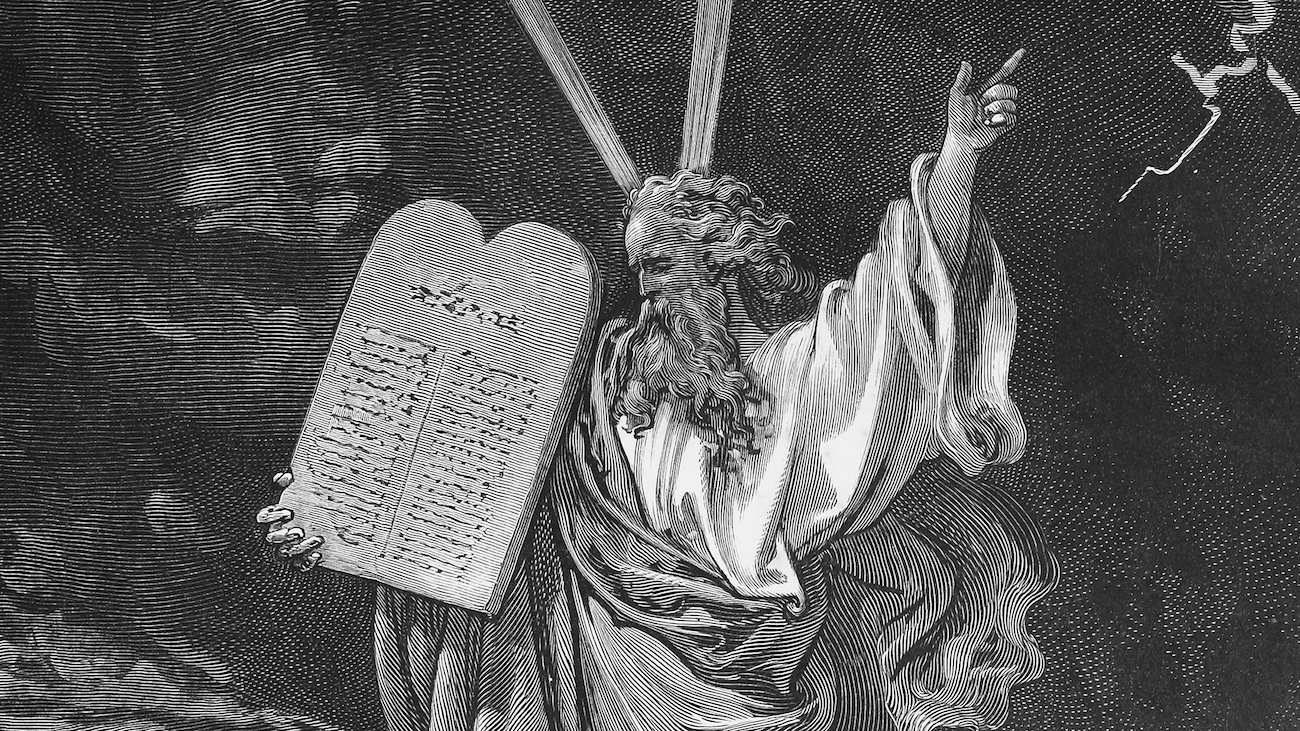Scripture tell us that when Jesus was baptized, the Holy Spirit descended upon Him like a dove—and so this image is often used for the Holy Spirit. In medieval times, dozens or even hundreds of doves would be released inside cathedrals to remind worshippers of the coming of the Holy Spirit, but this practice was discontinued after the birds rained down something other than light and grace. Doves are known as beautiful and gentle birds, and these certainly are appropriate images of the Spirit—but they tell only half the story. In an old Celtic or Irish, tradition, the Holy Spirit was portrayed not as an innocent dove, but as a wild goose. Geese are not tame or controllable, they make a lot of noise, they fly as part of a flock, and they make excellent “guard dogs.” One author writes, “The Spirit is like a goose. It comes not in quiet conformity but demanding to be heard. And its song is not sweet to many. This Spirit drives people together, demanding they support and travel with one another. And it often forces those on whom it rests to become noisy, passionate, and courageous guardians of the Gospel” (Bausch, A World of Stories, p. 474). Many followers of Christ who’ve made a difference in the world—the saints of old, modern-day heroes, and countless other persons, great and small—have confronted injustice, asked challenging questions, and shaken things up because of the power, energy, and persistence of the Holy Spirit. Jesus tells us that as His followers, we must take His yoke upon our shoulders, and promises that, in this burdensome duty, we will actually find joy and peace. In the same way, the Holy Spirit is peaceful and consoling, but not predictable or controllable—and only if we open ourselves up to the challenges, gifts, expectations, blessings, and demands of the Spirit will we truly be alive.
Pentecost was a Jewish feast day in which the first fruits were offered to God in thanksgiving for a successful harvest—but with the coming of the Holy Spirit, it took on a much deeper and richer meaning. The many Jews who were gathered in Jerusalem from throughout the Roman Empire, and who were baptized after hearing in their own languages the preaching of St. Peter and the other apostles, were in a sense the first fruits of countless millions of persons throughout the past 2000 years who accepted the Good News of salvation. Jesus came to save us from our sins, and we see in the Gospel that He bestowed the Holy Spirit upon the leaders of the Church so that they might continue to forgive sins in His Name. The power of the Holy Spirit it too great to be limited or restrained, as demonstrated by the noise of a strong driving wind, a noise which prompted the people present in Jerusalem to gather together. St. Paul writes, “To each individual the manifestation of the Spirit is given for some benefit”—a benefit meant to include others, for as the apostle explains, “for in one Spirit we were all baptized into one body. . . .” It is only through the Holy Spirit that we can proclaim “Jesus is Lord,” and it’s only by being open to the unrestrain-able and unpredictable grace of the Spirit that we can truly live as Christ’s disciples.
Two friends from Texas happened to be in upper New York State on vacation, and they made a point of visiting Niagara Falls. Being used to dry, hot summers and the need to make every drop of water count, they were amazed by the sheer volume of water pouring over the falls, and one of them, overwhelmed by what he was witnessing, remarked, “There is the greatest unused power in the world.” However, his friend responded, “No, the greatest unused power in the world is the Holy Spirit of the living God” (Green, 1500 Illustrations for Biblical Preaching, p. 190). Many times we as Christians fail to become the persons God wants us to be, or fail to make a difference in the world around us, because we aren’t using the gifts of the Holy Spirit. If we purchased the most expensive and technologically-advanced television or refrigerator or sound system, it wouldn’t do anything for us unless it were plugged in. In the same way, we cannot hope to achieve anything for Jesus, no matter how intelligent and talented we might be, and no matter how well-educated in Scripture and the teachings of the Church, unless we are “plugged into” the Holy Spirit and open to receiving and using His guidance and strength.
Doing this requires us to be humble enough to admit our weakness and inability to achieve anything worthwhile on our own, honest enough to admit our self-centeredness and complacency, and trusting enough to let go of our own lives and surrender them into God’s hands. The Holy Spirit may be noisy and uncontrollable as a goose, but He’s also as peaceful and gentle as a dove—and as such, He will not force Himself upon us. We must freely submit to divine grace and open our hearts to the Spirit’s gifts. This is often as simple as flicking on a switch to receive the benefits of electricity; we need only pray, in humility and sincerity, “Holy Spirit, please guide me and strengthen me; please enlighten me as to what You want me to say or do right now, and give me the courage and desire to act upon this knowledge.” This sort of self-surrender allows the Spirit to flow through us and touch others; this sort of trusting openness allows us to witness “holy coincidences” in which we and other people are touched by unexpected blessings; this sort of willing discipleship allows the Gospel to continue spreading throughout the world in an ongoing Pentecost that will result in an even greater spiritual harvest for the Kingdom of God.
Sometimes the Holy Spirit speaks to us through a guilty conscience, a word of correction from someone who knows us well, or an uncomfortable or challenging invitation that we’d like to forget, but just can’t seem to get out of our minds; other times the Spirit speaks to us through an encounter that fills us with joy and delight, an unexpected compliment that makes our day, or a profound and unexplainable sense of peace and well-being. Every follower of Jesus is offered a variety of reminders of the Holy Spirit’s presence—sometimes gently, sometimes firmly, and always lovingly. No matter what the message and no matter what the circumstances, we must be humbly open, attentive, and responsive—for only in this way will we be truly alive, truly free, and truly blessed.








